Art Responding to the Urgency of the Times
Jin Yim, Independent Producer & Festival Programer
Every winter, performing arts sector leaders from around the world gather in New York to attend the ISPA (International Society for the Performing Arts) Congress. This is a meeting attended by many decision-makers in the performing arts world. ISPA describes itself as an international network providing sharp analysis of the performing arts' current state, and it seeks ways of cooperation through dialogue and exchange. The IPSA Congress was first held in 1948 in North America. Since then, it has been regularly holding its congress in New York every January. More recently the International Congress has been organized during the year in other cities through cooperation with member organizations. As it is an international network with the longest history in the sector, it has become a place to engage with major discourses in the performing arts world and is an opportunity to meet key figures. ISPA's main missions are; to expand the network among professionals in the performing arts field; to understand trends of the performing arts sector around the world; and to discuss and share information about the issues, challenges and solutions we are facing in contemporary times. By doing so, ISPA's ultimate goal is to discover new leadership, including key opinion leaders in the performing arts sector, and promote the development and growth of the performing arts sector through mutual participation and cooperation.
This year's General Assembly was held in person for the first time in three years, and the expectations of the participants were high. Under the theme of ‘Opportunity of Now’, the 2022 Congress provided a chance to sympathize with the issue of equity facing the performing arts sector and the sense of crisis against climate change. In line with this trend, this year's theme was 'Urgency Now'. As the performing arts market reopened in full swing after COVID-19, conversations looking at the needs of the times and the challenges facing the performing arts sector took place throughout the event, along with the awareness that we are in a crisis that requires a sense of urgency. In the opening statement of the Congress, ISPA CEO David Baile expressed his aspirations to address the pressing issues facing the global community, countries, cities and societies.
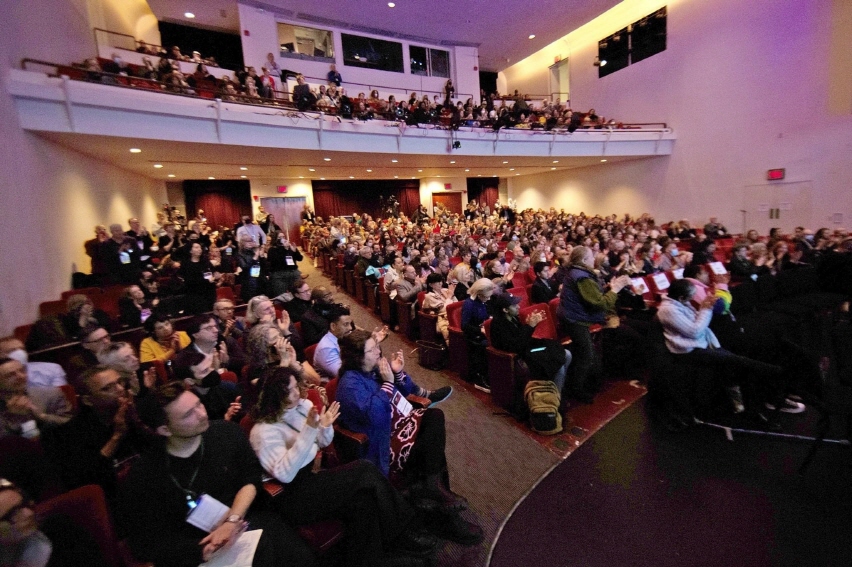
Participants gathered at the Kaye Playhouse during the 2023 ISPA New York Congress
Courtesy of ISPA
The bond amongst ISPA's community seemed as strong as its long history. As if it were a holiday for people working in the performing arts sector, the theater and lobby were filled with people who were meeting and greeting each other after a long time. As more than 500 people from 60 countries around the world gathered in one place, there was strong interest in getting to know each other, and expectations for the event were also high. Little by little I adjusted to the atmosphere, finding a few acquaintances here and there among people who all seemed to know each other. I was very fortunate to have a fellowship group called the Global Fellowship.
Being the oldest network in the performing arts sector may lead to a downside of not being good at taking on new attempts and challenges. However, ISPA is overcoming these limitations through its Global Fellowship. Introduced for the first time in 2007, this fellowship selects up-and-coming and mid-career professionals in the performing arts sector through an open call. After that, the selected people are granted membership of ISPA along with expenses for their stay including accommodation and airfare so that they can participate in the general assembly. In 2023, more than 60 global fellows representing cities and countries in Asia, Europe, Africa, South America and Oceania were selected.
One day before the Congress, Global Fellows participated in a Seminar Day to introduce themselves, discover common interests, and have a preliminary discussion to develop the topics of the upcoming Congress. The fellows participated in a facilitation session, where they discussed challenges they each face as leaders in the performing arts sector, identified countermeasures, and developed their ideas to be more concrete. It was followed by the Fishbowl Discussion (a type of discussion in which participants form large and small circles and sit around to freely participate in and observe the discussion in an equal position) where conversations continued on detailed topics. The fellows talked about; what kind of experience the performing arts will curate for the audience and society in the future; what kind of courage we must muster to expand the value and experience of art, and what will the future we create together in solidarity look like.
Until now, not many Koreans have participated in the Global Fellowship program. Seeing how countries including Taiwan, Singapore, and Hong Kong provide support for fellowship participation at the Culture and Arts Council level and take the lead in supporting fellows from each country to continue various meetings and exchanges in person, once again, I felt the absolute need for strategic international exchange and a long-term investment for it.
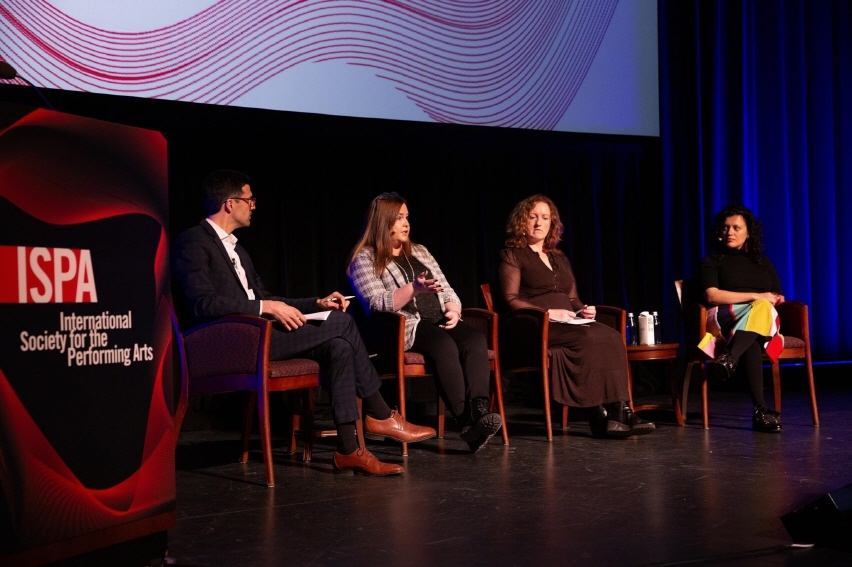
Forum at the 2023 ISPA New York Congress
Courtesy of ISPA
The Congress, which lasts for a total of 3 days, includes; programs for networking among participants; keynote speeches on all themes of the Congress; topic discussion sessions; presentations on the trends in the participating regions; introduction of new works; Pitch New Works, a pitching session that introduces new works and helps them to find production investment and touring partners; ProEx, a market booth for promotion and networking; official showcases; and partner showcases.
Congress opened with Welcome to Country as usual. ‘Welcome to Country’ has become an official custom in recent years, especially in Anglosphere countries. As the first announcement of the beginning of events and gatherings, it is time for acknowledging and recognizing who the indigenous people of their country, territory, and community are and declaring that the sovereignty belongs to them while expressing the respect for them. This year's speaker was Muriel Miguel of Spiderwoman Theater, the oldest Native American theater in the US and a feminist theater. I was curious if we could overcome the criticism that decision makers in the performing arts markets are still fortifying the structure of power held by white people and men, and whether these greetings would hold and exercise their power in the real world.
The keynote presentation was given by Olesia Ostrovka, Director General of the National Art and Culture Museum of Ukraine. She started the presentation by saying that it was not easy for her to come to New York in person. While sharing what the museum must do during the crisis of war, she explored topics including; what the role of art for humanity is; what the function of art as a medium to record and convey the stories of the times is; and what strategies there might be to help those in the arts stay safe.
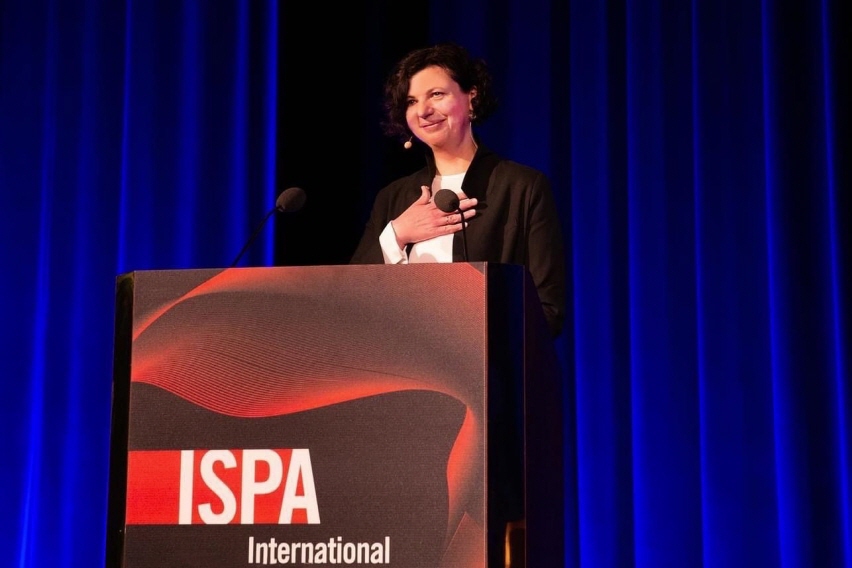
Keynote presentation by Director General of the National Art and Culture Museum of Ukraine
Courtesy of ISPA
"Coffee Klatch" program was introduced for the first time this year. In it, a group of around 10 participants selects one topic out of the 14 topics that were proposed by the participants in advance, and discusses them at a roundtable. Topics discussed at tables included; how to continue networking in a hybrid environment; strategies for carrying out touring in a changing environment; the roles and possibilities of an independent producer; collaboration with indigenous artists; accessibility of performing arts and sensory-friendly performance; borders and restrictions of international exchange; the connection between audience development and experience-based algorithms; strategies to become an artist-friendly theater; community art and community engagement; new revenue models; and diversity and Inclusion in the performing arts sector. As the topics were proposed based on the needs of the field, a lot of the participants were able to engage deeply in the discussion of each topic. Simply looking at the keywords provided an opportunity to examine the structure of the pending issues in the performing arts sector.
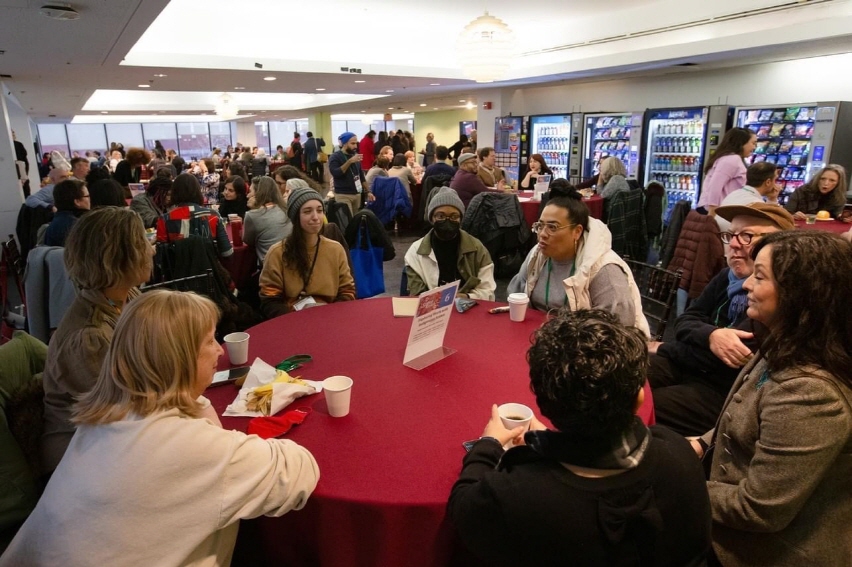
Coffee Klatch, a Small Group Topical Discussion
Courtesy of ISPA
The panel-led forum dealt with topics including ‘Digitalization of Performing Arts’, ‘Proposals for Creating a New Ecosystem’, ‘Reconstructing Leadership’, and ‘Art and Borders’. The atmosphere in the forum was somewhat different from the small group discussions, in which lively exchanges were had. Rather than examining diverse cases in the field, in-depth discussions took place centered on the experiences of each panelist. Among them, the discussion on ‘Art and Borders’ received the greatest response, and it was also the most diverse with the panels participating from Singapore, Palestine, and Saudi Arabia. In relation to the topic, they criticized the supremacy of certain countries and regions, which also exist within the ISPA community. They also pointed out that substantive actions going beyond just tolerance and interest are certainly needed for the art ecosystem of regions where it is difficult to participate in this network. The direct perspective and the candor of the discussion, which addressed the fact that there are still invisible walls although we talk about hospitality and cooperation for mutual benefit, drew wider engagement among many participants.
In the ‘Pitch New Works’ program, works from Asia particularly stood out. In addition, works that explore disability art and other various identities were pitched, and works exploring new ways of touring have sent a meaningful message to the participants. In particular, 'Wired, Kinetic Light', a performance that uses the circus as a tool for expression to help expand disability arts, explained itself in a disability-centric language, proposing the characteristics of the aerial circus as a possibility of imagination that goes beyond disability. Many works were in the stage of development and circulation after being co-produced with or commissioned by theaters, festivals, and museums. This shows that, unlike how creation and circulation in Korea mainly depend on grants and support programs, various partnerships are involved and collaborating in the creation of performing arts is over a long period of time. Once again, I felt that, for Korean works to have a competitive edge in international art markets, they need to be more than just excellent. In fact, what is needed is structuring and strategic collaboration among various partners.
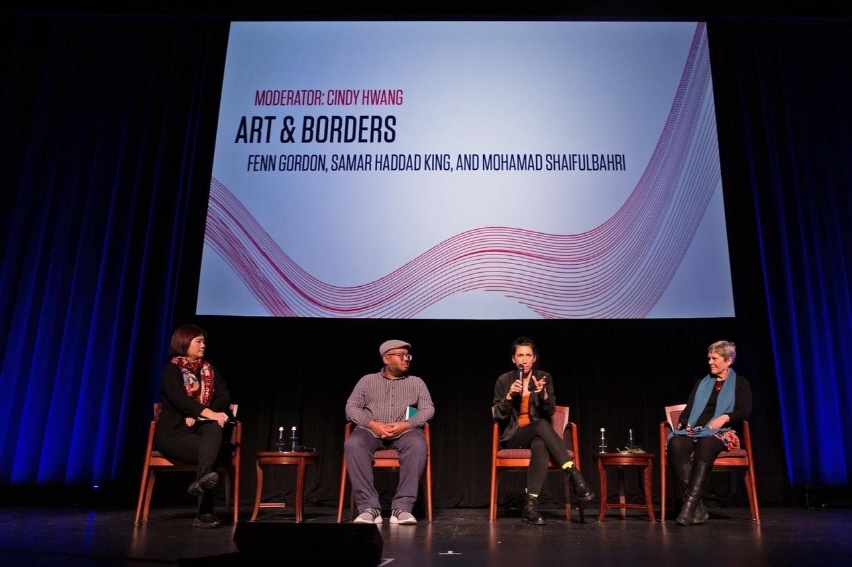
A Session on the Theme of ‘Art & Borders’ During the Panel Talk
Courtesy of ISPA
Concluding the conversations, discussions, networking events and meetings that lasted all day from morning till evening, the Congress heralded the International Congress in Manchester, England in June 2023. Factory International, a newly opened art space in Manchester, and the Manchester International Festival will be its hosts.
At the end of the event, Olesia Ostrovska, who opened the congress with her keynote presentation, gave a closing comment. Reflecting on our present through the light of the war between Ukraine and Russia, she asked the audience what art can do in a time of crisis. Collaborating with artists who are in the midst of crisis, keeping the conversation going, and creating necessary dialogues without getting tired were among the obvious but challenging measures that were mentioned. Someone in the audience asked her, "What do you want the most right now?”. Her answer was simple and clear. It was to walk for a while in a peaceful place. She wanted to be walking in peace.
ISPA Congress provided a stepping stone for me to understand the trend of the global art market while reconsidering the value, roles and responsibilities of art as a producer living in contemporary times. I learned a lot but what I learned gave me more to figure out when I returned. The congress was a great opportunity as a producer to understand the scale and perspectives of ISPA as a network and expand my ideas while engaging with various voices in it. Now is the time to carry into the field what I have learned from attending the congress, and to continue the work that goes beyond the limits of thought and imagination. How wonderful it would be if I could apply all what I hear and learn to how I live.
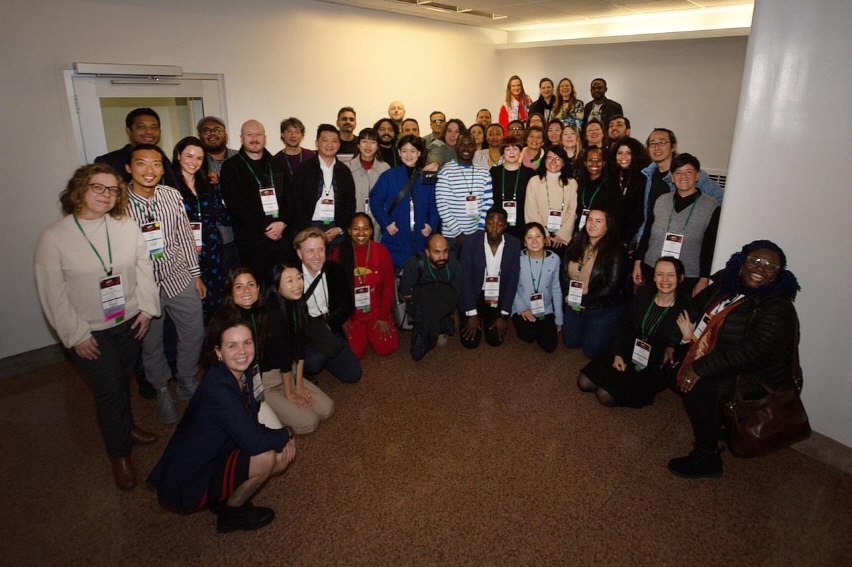
2023 ISPA Global Fellowship Members
Courtesy of ISPA
* Reference: ISPA website, www.ispa.org
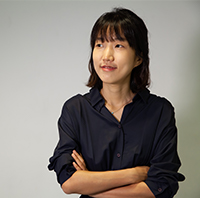
Jin Yim
Jin is an Independent producer, festival programmer, and international exchange coordinator. She has been working with festivals and art markets while focusing on the street arts genre. She collaborates with a number of art groups such as Theater Momggol, I Moment, White Cube Project, and Green Pig as a producer to develop and produce performing arts and manages their overseas tours. Through works including








 PREV
PREV
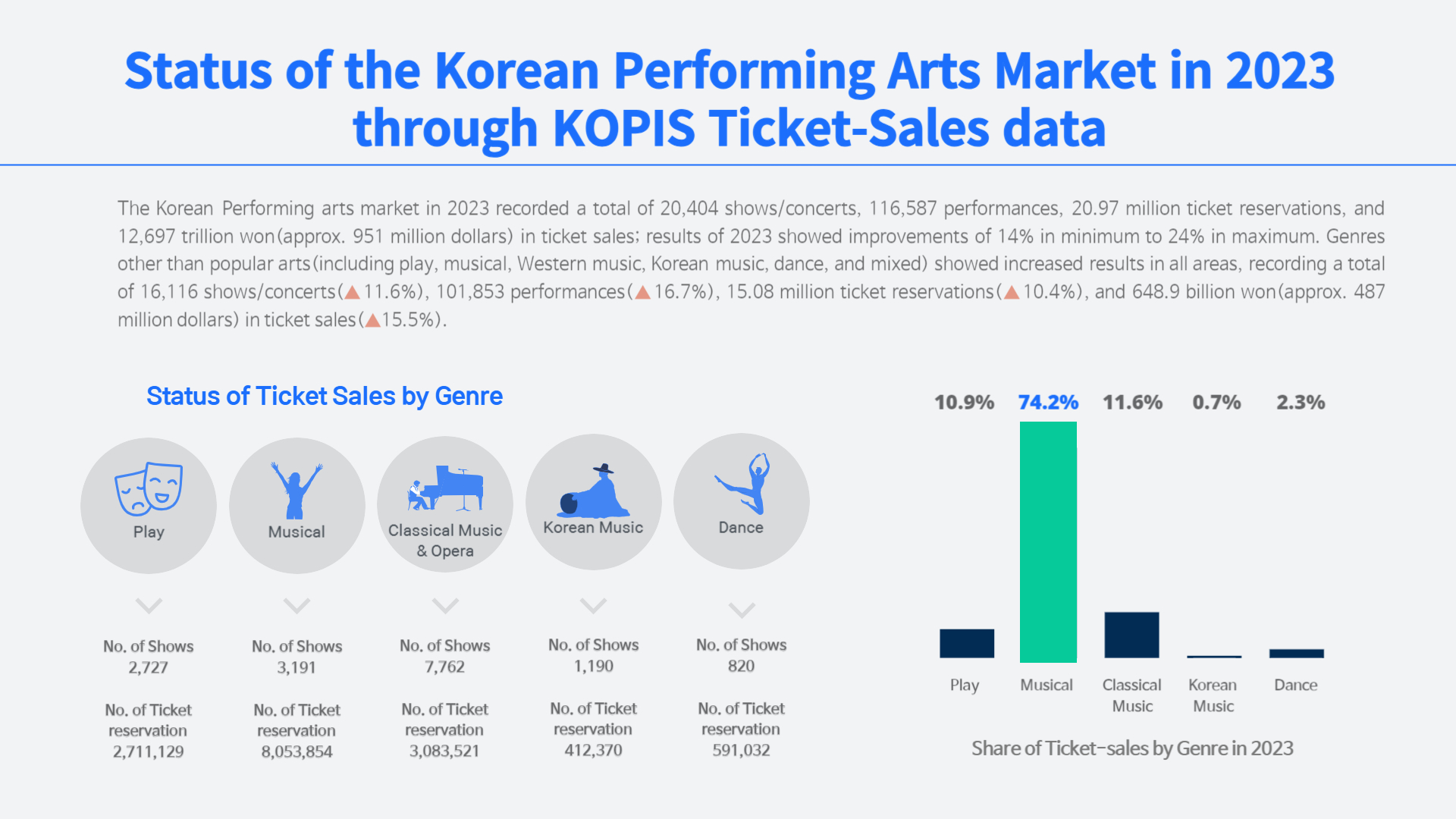
.jpg)
.jpg)
.jpg)
.jpg)











